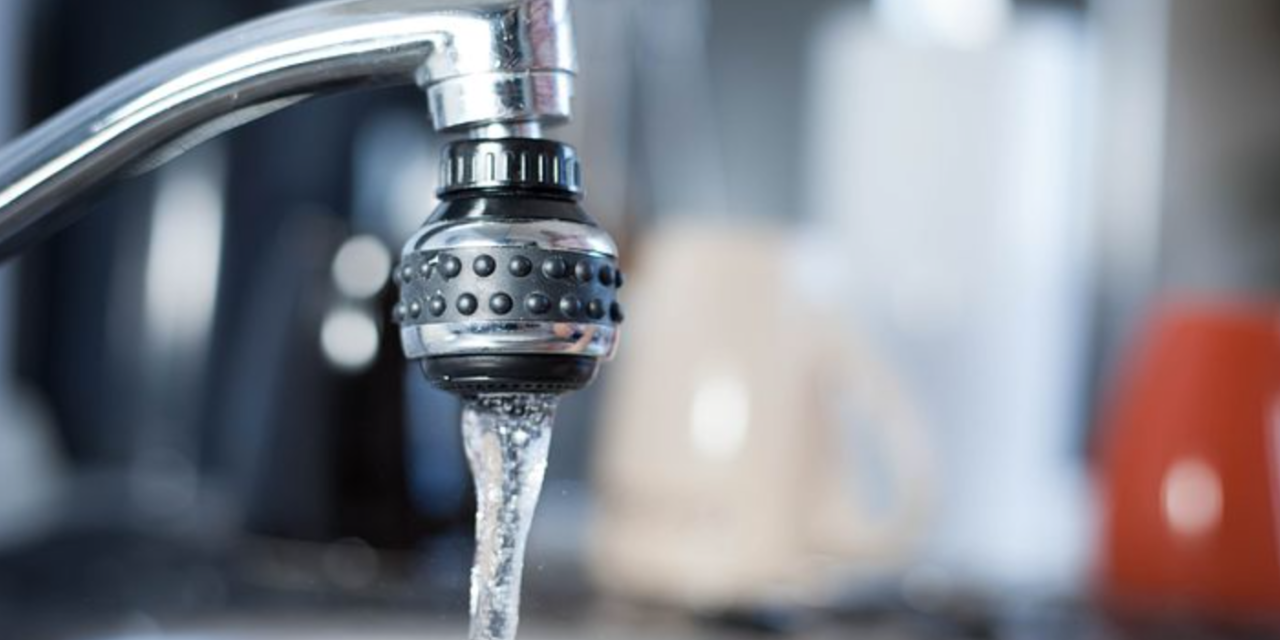The City of High Point is making some changes to the way it purifies the water supply, and, on Monday, April 4, the city sent out a press release to let people know that a change in the taste of tap water is nothing to be alarmed about.
City officials announced that, on Tuesday, April 12, the city will begin switching back to the use of chloramines for water disinfection, and it will take about two weeks for the full conversion of the water system. For over a year, the city’s water system has been using chlorine for that purpose.
According to the April 4 press release, between Dec. 7, 2021, and April 11, 2022, a group of area water utilities conducted a “routine water quality preventative maintenance program” that involved temporarily using chlorine rather than chloramines to disinfect the drinking water.
The temporary change was said to be “important to maintain the safety of our drinking water and to optimize the water quality in our distribution systems.”
During the switch back to chloramines, High Point officials note, some residents may notice “temporary taste or odor differences.” Those changes are to be expected, city officials state, but the quality of the water won’t be affected.
“Both chlorinated and chloraminated water are safe for drinking, cooking and other general uses,” the press release states. “Specialized industries such as medical facilities offering kidney dialysis, fish tanks and pond owners and some businesses that use water in their production process should take precautions and may require adjustments to their current filtration and treatment systems.”
Anyone who has questions can call the City of High Point’s Customer Service number, 336-883-3111, or the EPA’s Safe Drinking Water Hotline at 1-800-426-4791.
Also, information is available at the EPA’s website as well as at https://www.highpointnc.gov/2047/Water-Quality-Preventive-Maintenance-Pro.


the interior surface of water supply piping builds up a ‘biofilm’ over time – which limits contact of the water with the piping material – galv steel, aluminum, copper, plastic, lead, wood, whatever. do our various disinfect techniques kill this film ? for better or worse ?